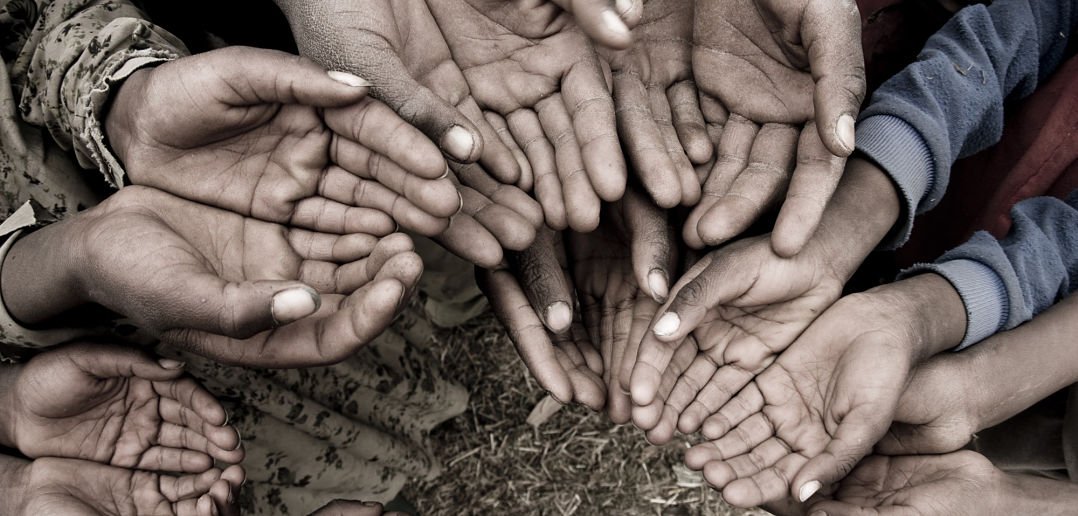
Everyone has the right to adequate food, and the lack thereof not only causes unnecessary suffering, but impacts a person’s ability to reach their full potential with regards to education, job, or family life. In fact, according to Stats SA, 2,1 million South African households reported experiencing regular hunger for 3 or more days per week.
This translates into one in five of South African households being identified as food insecure. While some progress has been made in trying to combat hunger, it is still on the rise, affecting nearly 10% of people globally with a staggering number of children being affected. But what if the solution is closer than we think?
“At KFC South Africa, we believe in the incredible collective power of South Africans, the can-do mentality for the greater good of society as a whole that brings our Ubuntu spirit to life. And while the challenge of hunger seems overwhelming and at time insurmountable, combating this very real societal challenge, is one that we need to collectively address. We need to realise that hunger is the gatekeeper to unlocking the potential of our youth and, by extension, this country as a whole,” says Andra Ferreira Nel, Marketing Manager, Brand & Purpose, at KFC.
Unfortunately, the reality is that if poverty and inequality issues remain, hunger will continue to be a reality for many people and many families. And the collective impact of climate change, which has resulted in a significant increase of droughts, flooding, heat waves and wildfires – while also directly affecting farming and harvest production and food prices – has amplified the hunger epidemic we now face.
To try and dent the cycle of hunger means that collaborative efforts by governments and companies will be needed.
If we consider the Global Goals of ending hunger by 2030, then action has to be taken now if any impact on aspects like malnutrition, access to nutritious food and sustainable food production can be made. However, collective efforts don’t merely mean better social grants or access for all people, it also means examining aspects like food waste and loss, increasing sustainability efforts in farming for all communities and finding ways to eliminate the impact of climate change.
It also means, raising awareness and educating people in how we can end hunger and leaning into public, private and NGO joining forces to build out a targeted and sustainable network of feeding schemes and strategies – ones that target and reach the most vulnerable and grow out from there.
“Commemorating days like World Hunger Day, once again reiterates why we continue to fight this fight. We believe that even the steps we take, as brand, from supporting organisations to distribute food as well as gaining access to food donations, is not only needed, but required. South Africa’s food insecurity is growing and has to be addressed as a matter of priority – and we know that the larger issues around hunger also play a pivotal role in our country’s economic growth outlook,” says Nel.
Bringing it home
Yes, South Africa has been dealing with hunger problems for years, which has been fuelled by various socio-economic issues. However, while the government has tried to support, or mitigate these issues, through the R350.00 social grant, it is not enough, especially when you consider the average cost of a household food basket is now just overR5 000.00 per month. In fact, research showed high levels of social vulnerability in the country are linked to food insecurity. Over 20.6% of South Africans were socially vulnerable, and 20.4% food insecure. This amounts to about 7.8 million people out of 39.6 million people surveyed.
“With the rise in consumer inflation rates, we know that many people find themselves without or no longer being able to afford what they used before. Experience has taught us that if we are to make the most impactful change, we must fight hunger at a grass root level,” adds Nel.
With 3.1 million children still experiencing chronic hunger, daily, just in South Africa, poor nutrition in early childhood not only affects children’s health, but their ability to live full and productive lives. Something, which must, and can be addressed.
“However, when looking at how one can make a difference in fighting hunger, you need to play the long game as well. Having a vision for the future must play a part in the process of finding immediate solutions that address not only day-to-day challenges, but the cause of the problem,” adds Nel.
“KFC’s Add Hope programme, which has provided over 285 million meals to date and currently supports over 130 different non-profit organisations – is not only an example of how we address immediate needs, but also how we have created a platform to gain community insight and examine strategies that are sustainable and make a much longer impact,” says Nel.
“We believe in the incredible collective power of South Africans, the can-do mentality for the greater good of society as a whole that brings our Ubuntu spirit to life. Through Add Hope, for as long as we continue to face the hunger challenges, we will always put our best foot forward to make sure we fight the fight until hunger is a problem of the past,” concludes Nel.
